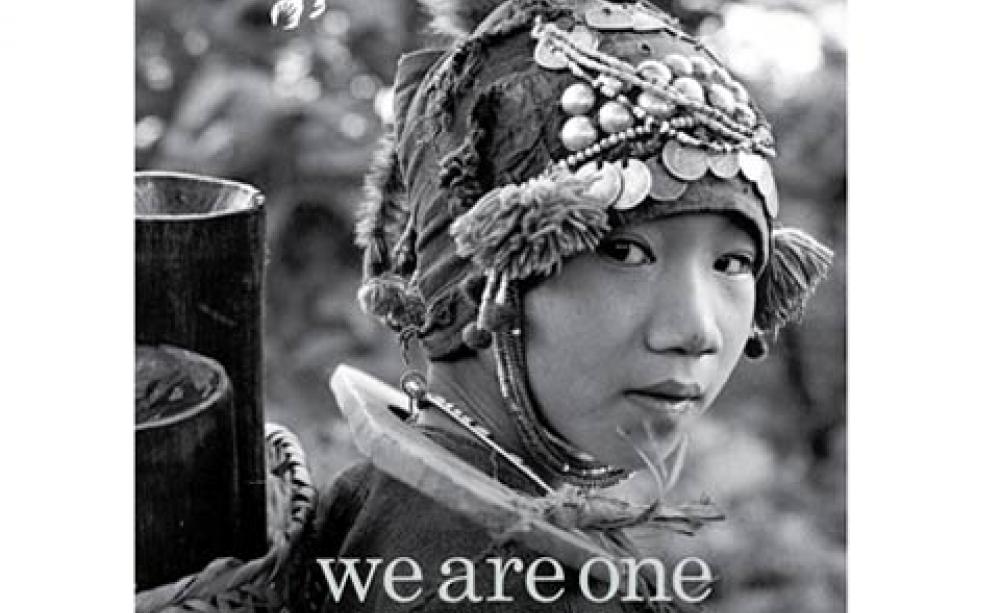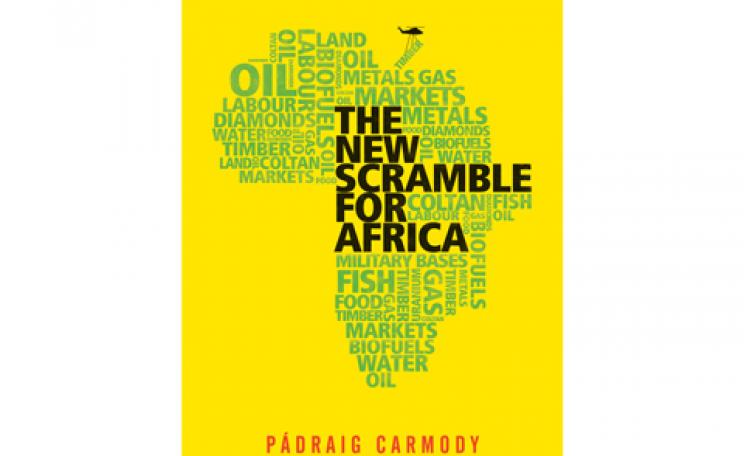At first the list of experts and celebrities on the back cover of We are one: A Celebration of tribal peoples (created and edited by Joanna Eede) is worrying.
Most, like Jane Goodall and Wade Davis (Explorer-in-Residence at National Geographic) make sense.
But Colin Firth? Richard Gere? What could they have to say on the fate of tribal peoples? Is this just another collection of predominately European voices musing romantically on the anthropology of native peoples?
Not in the slightest.
This is not a story about the indigenous peoples of legend and yesteryear; rather it is a first-hand account of their connection to the Earth, and how this bond is threatened by contemporary environmental problems.
Short essays, anecdotes, retelling of myths and quotes from writers, artists, activists, tribal peoples, politicians, shamans and actors recount over and over the crucial message of belonging to the Earth and connecting with our community.
Davi Kopenawa of the Brazilian Yanomami is one of many voices underlining the importance of this connection: 'The environment is not separate from ourselves; we are inside it and it is inside us; we make it and it makes us.'
Around the world
As befitting the most memorable coffee table reads, We Are One contains photographs worthy of National Geographic. The images depict beautiful landscapes from across the globe and the diversity of indigenous cultures that call them home, from South America to Northern Canada, and Botswana to Vietnam and Australia.
While these powerful photographs do an incredible job of portraying the diversity of tribal peoples around the world, it is the words that unify the cultures. The book shows us an array of faces, costumes, landscapes and customs, but the impression is of one voice speaking.
David Courchene of the Manitoba in Canada speaks to this unity: 'Your culture is not the culture of your ancestors of one or 500 years ago. Nor is ours. Our culture is creative. We are developing a twenty-first century culture. And it is and will be an Indian culture.'
A celebration and a warning
With the large volume of contributors, split evenly between tribal and non-tribal voices, there is never the feeling that one person is dominating the narrative. All of the seemingly random bits flow together quite harmoniously and are organised into eight chapters including Land, Survival and Belonging.
Contemporary issues are addressed, predominantly environmental degradation and cultural homogenization.
Despite the difficulties that tribal peoples are facing, the defiantly entitled final chapter – Resistance – encompasses the strength of native peoples. 'We are not relics. We are of the here and now,' asserts a Cherokee declaration.
We Are One is truly, as the name suggests, a celebration of tribal peoples. Anecdotes from non-native voices relate stories of wonder and ingenuity from their interactions with tribal people. There’s a warning here, of how much knowledge of the natural world, wisdom and creativity is threatened if Earth’s oldest cultures are in danger.
We Are One: A celebration of tribal people (£30, Quadrille publishing)
| READ MORE... | |
 |
HOW TO MAKE A DIFFERENCE Protecting forests AND the rights of forest peoples The plans currently under consideration for saving forests might help the trees, but they could ride roughshod over indigenous communities. Here are some ways to change that |
 |
HOW TO MAKE A DIFFERENCE CASE STUDY: learning from ancient wisdom What can indigenous wisdom teach us about how to better live within our environmental means? Maestro Tlakaelel has some tips |
 |
GREEN LIVING Q & A: Bruce Parry, explorer & TV presenter Bruce Parry on tree-bark trips, deforestation and lessons learnt from tribal living |








